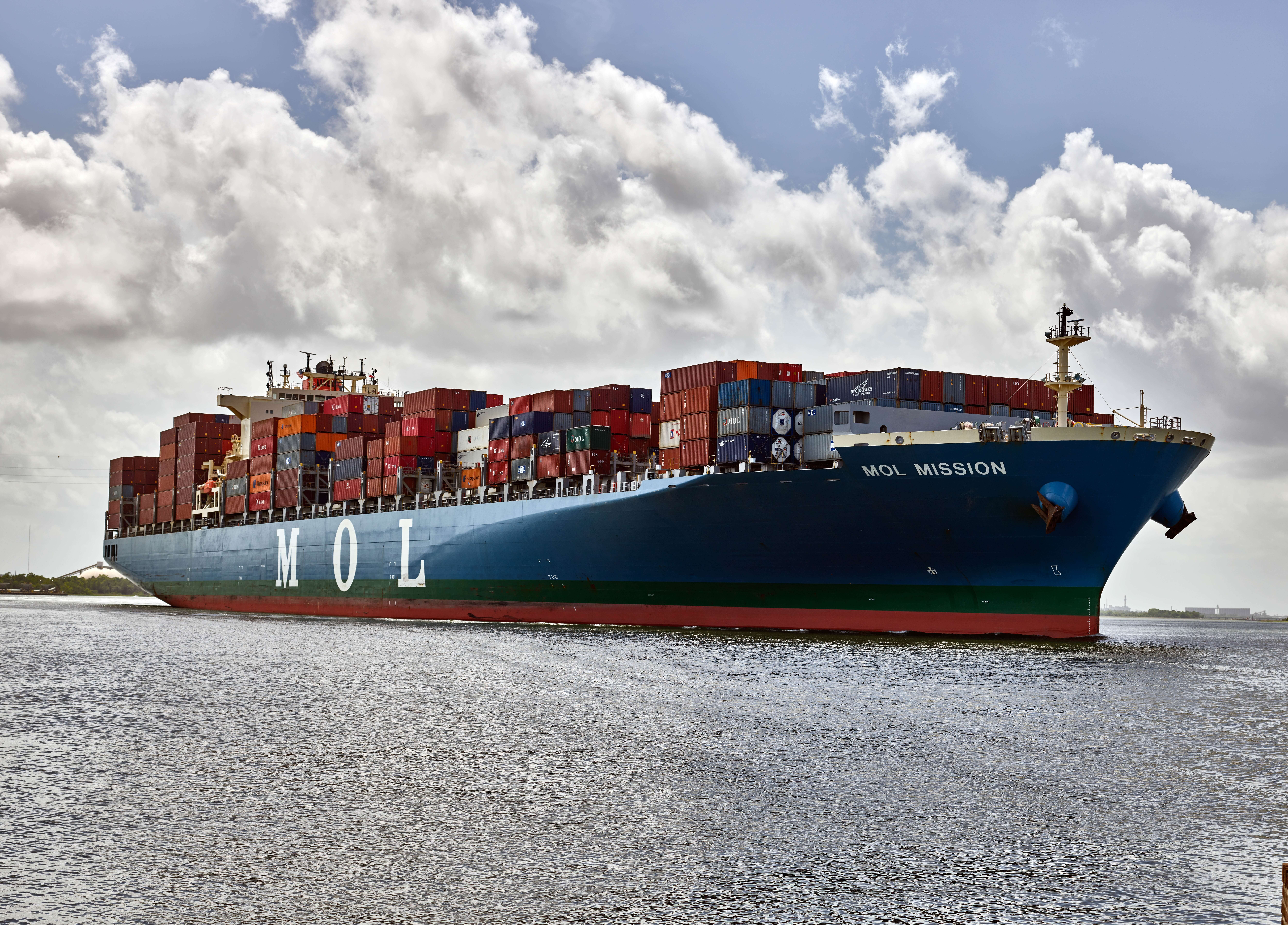There is a radical change to VAT for any business or charity selling goods or services to customers in the EU. This post is about selling to customers who are not in business – so B2C sales.
B2C sales of goods to EU customers
Currently, if you sell goods to EU customers then the chances are you are charging UK VAT. This will be because the total of your sales to any individual EU country is under the “distance selling threshold”. If you are selling under the distance selling threshold, then it’s just like a UK sale – you charge UK VAT at the point of sale. Distance selling thresholds vary but they are usually around 35,000 Euros. If you sell to an EU country over its distance selling threshold, then you need to register for VAT in that EU country.
On 1 January 2021 Great Britain (not Northern Ireland) leaves the EU VAT system, which means that sales of goods to any EU customer will be zero rated for UK VAT. There are no distance selling thresholds, and all such sales will be subject to local VAT if they are over the de minimis threshold of 22 Euros per consignment. When your customer picks up their parcel from their local post office or other courier company, they will be charged local VAT on the value of the item which you will have declared.
Webshops will need to be reconfigured to zero rate any supplies to the EU. Supplies to the EU will be the same as supplies outside the EU. You may want to lower prices for EU customers as they will be picking up the tab for the VAT, which in many countries is higher than 20%.
B2C digital sales (“BTE sales”)
BTE sales are sales of broadcasting, telecommunications, or electronic services. Examples of BTE sales are an electronic magazine for download; access to a database behind a paywall; a webinar or video or audio streaming; or software subscriptions.
Currently, if you make BTE sales B2C to customers in the EU, then the place of supply is the EU country and VAT is payable in that country. To simplify this, you normally make a quarterly return to VAT MOSS (VAT Mini One Stop Shop) of all BTE sales to all EU countries, pay the VAT to HMRC, and HMRC pays it over to the relevant jurisdictions. But if all such sales are below 10,000 Euros, then you can just carry on charging UK VAT.
From 1 January 2021, the threshold of 10,000 Euros has gone so any BTE sale no matter how small needs to be subjected to EU VAT. To do this, you have to register with a Non-Union MOSS. UK sellers are often registering with Ireland’s Non-Union MOSS, on the grounds that the Irish speak English and so it is easier to do. So after Brexit, if you make any digital sales at all to EU customers who are not in business, you need to register with a Non-Union MOSS and pay EU VAT on those sales.
Get in touch with our VAT team if you have any questions!

